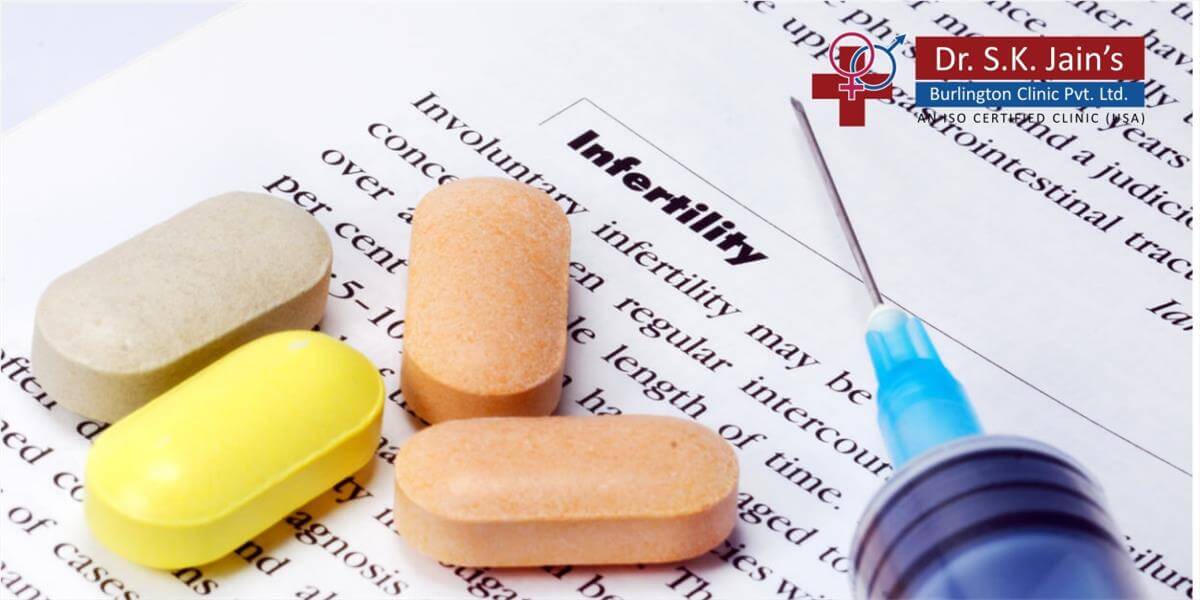Just as women need the right balance of hormones to ovulate regularly, men need certain hormonesto produce healthy sperm. Surprisingly, the same substances (follicle-stimulating hormone and luteinizing hormone) control these reproductive functions in both men and women. That is why doctors can use the same fertility drugs to stimulate ovulation and sperm production. The catch is that fertility drugs do not perform nearly as well for men (success rates are about a third of those for women), and the FDA has not yet approved them for use in men, though a specialist can prescribe them. Very few studies have been done on the effects of fertility drugs on men, and those few agree on just one thing: The drugs can help only men with specific hormonal imbalances that originate in the pituitary gland.
The Drugs and how they Work
The two most popular fertility drugs for women are clomiphene citrate and human menopausal gonadotropin or hMG, and used with human chorionic gonadotropin or hCG. They are also used to treat men with primary hypogonadotropic hypogonadism a hormone deficiency in the pituitary gland that prevents a mans testicles from receiving the signal to make sperm. Both clomiphene (taken daily as a pill ) and hMG injected two to three times a week, prompt the pituitary gland or hypothalamus (the part of the brain that regulates basic functions such as temperature) to make more luteinizing hormone and follicle-stimulating hormone. These hormones tell the testicles to produce testosterone and, possibly, more sperm.
Good Candidates
Fertility drugs can help treat hormonal imbalances in men that are linked to low sperm counts and, sometimes, to poor sperm quality and motility. For drugs to have any effect at all, the problem must originate in the pituitary gland.
Length of Treatment
Drug therapy typically lasts about three or four months. Taking the medication longer does not improve the success rates , so if you try it for three or more months and your partner does not get pregnant, your doctor may increase the dosage, switch you to another medication, or, most likely, suggest another kind of treatment. However, as long as a mans hormone levels remain normal, he can take clomiphene in low doses for six months to a year.
Success Rate
Although success is far from guaranteed, fertility drugs can sometimes help men jump-start their sperm production, upping their counts to 20 million or more (anything under 20 million is considered low). If the medications work, a man will not have to think about undergoing a testicle biopsy to see what else might be wrong with his sperm. Some studies cite an estimated 20 to 25 percent pregnancy rate for couples when the man has used fertility drugs — low compared to the rates for women on fertility drugs (20 to 60 percent). But even that number loses some of its punch when you consider that it is about the same rate infertile couples battling a low sperm count or poor sperm quality can expect for a spontaneous pregnancy with no treatment at all.
Side Effects
In men, both clomiphene and hMG can cause temporary blurred vision, weight gain, and temporary breast enlargement and tenderness. In rare cases, clomiphene can cause liver damage.
